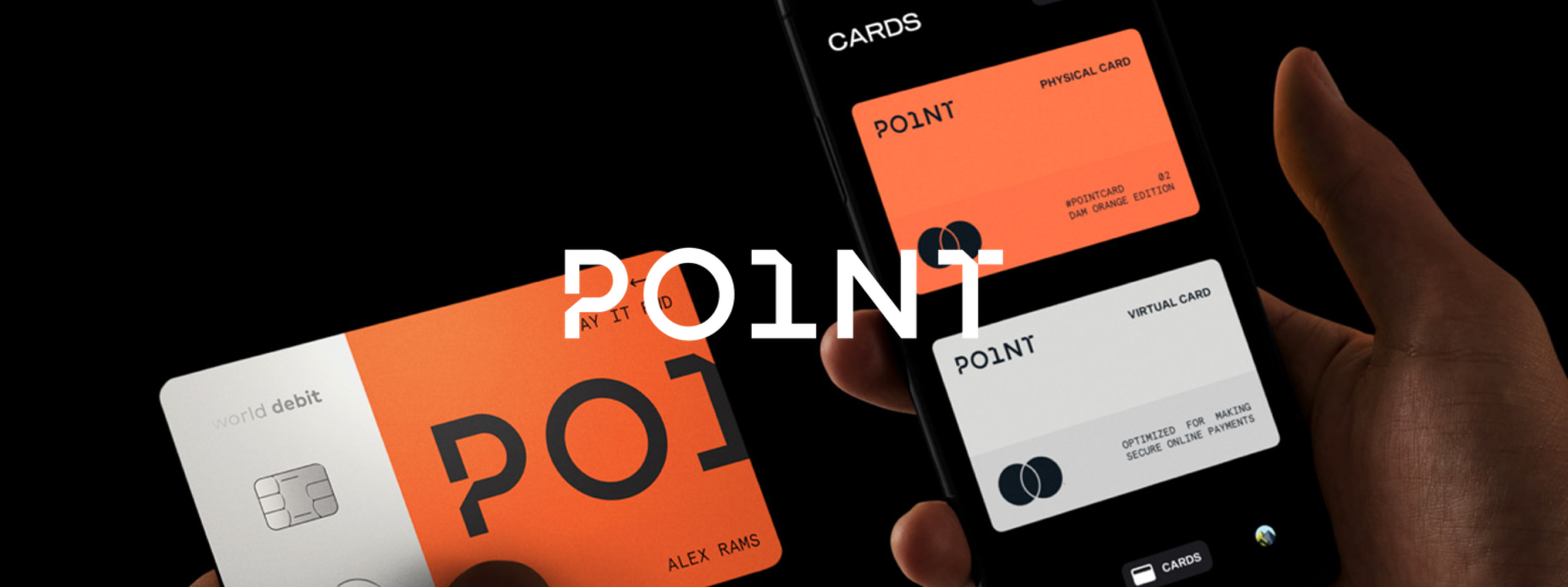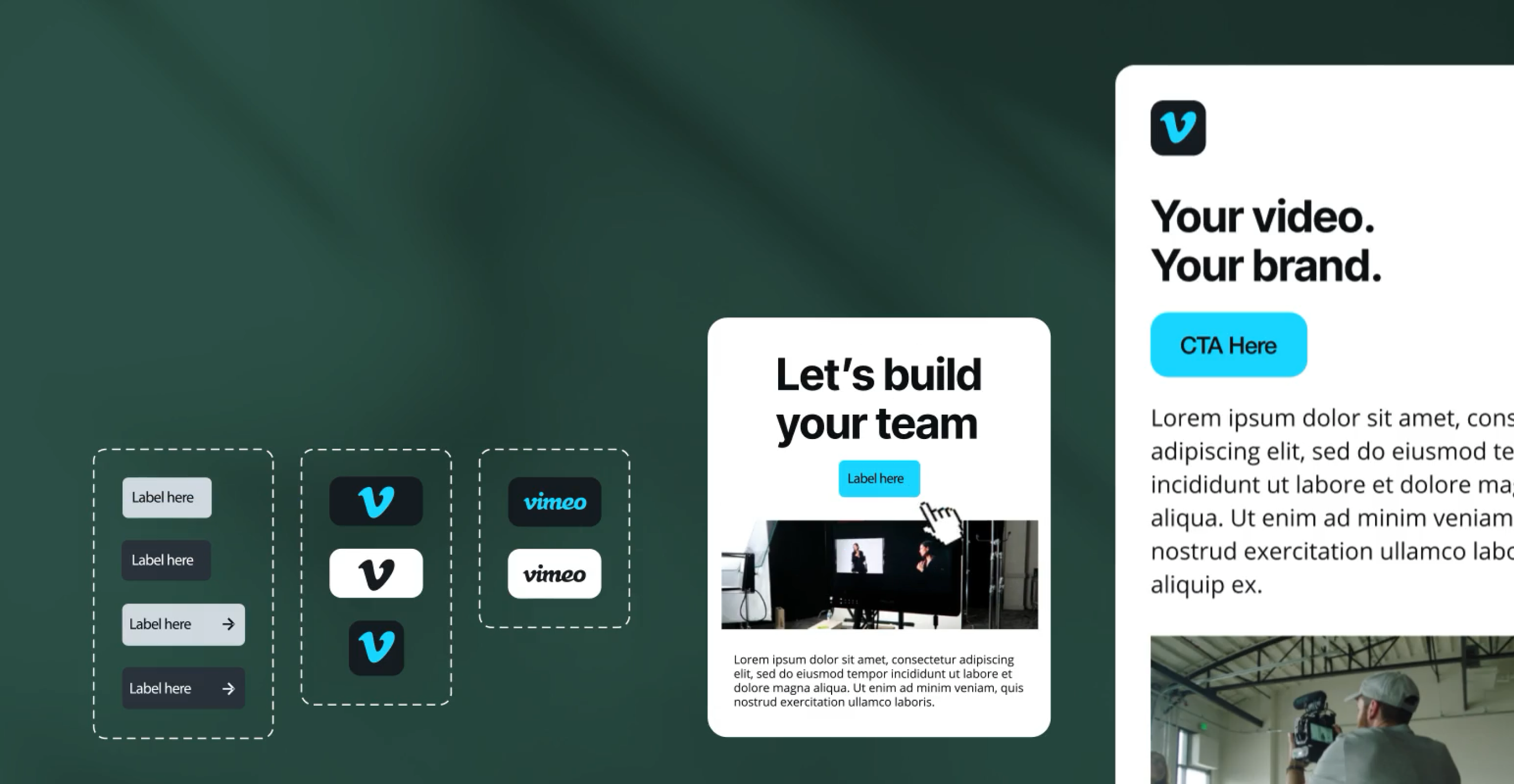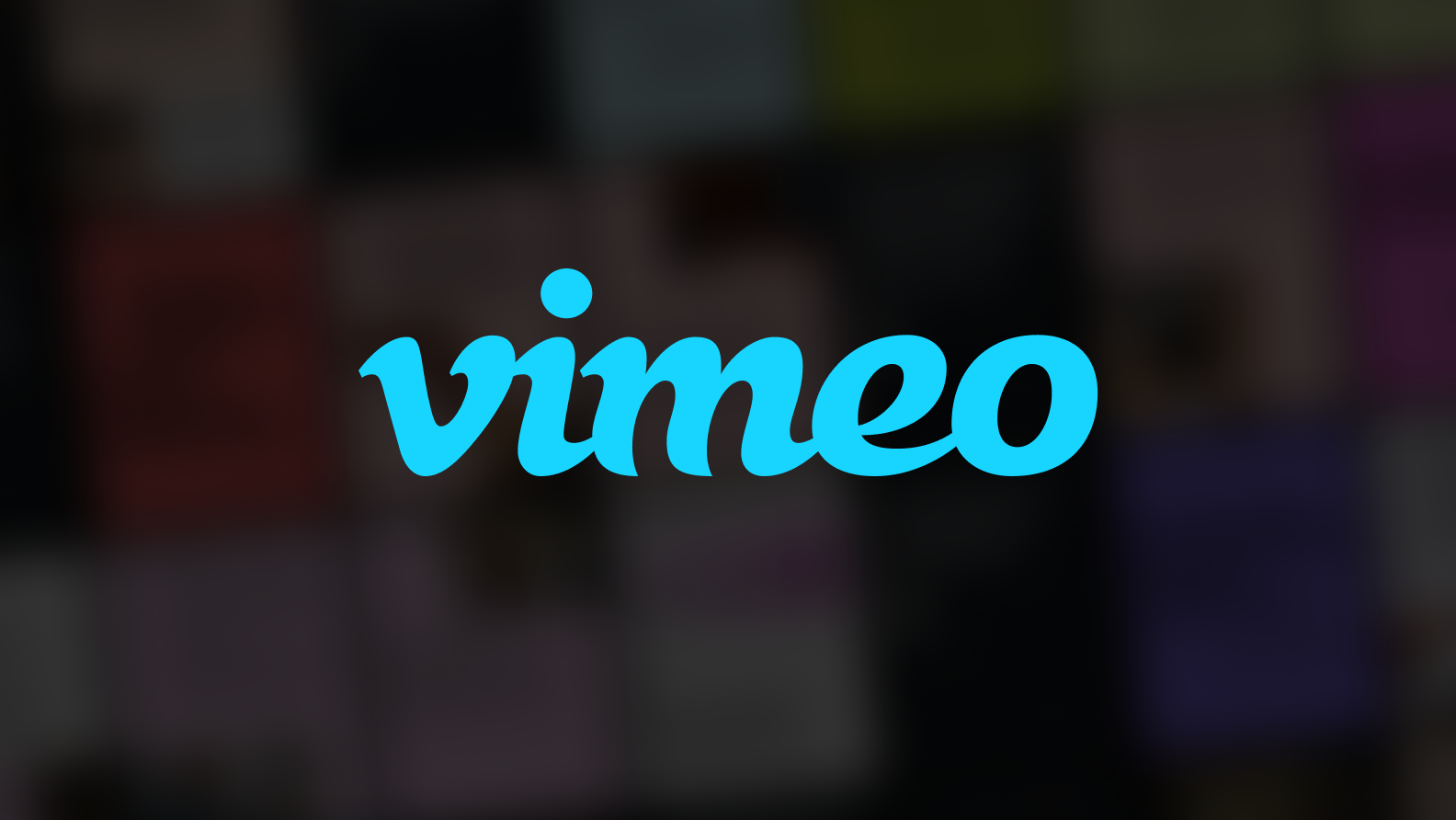
Background
A Fintech Gets An Elite Design Team
Emerging as a top Y Combinator company in 2021 and 2022, PointCard is determined to allow debit card users to earn rewards without high APRs, late fees, or annual fees from credit cards.
Behind this big idea is a dream team of meticulous design: A creative director, a narrative architect, a brand designer, a typographer and a motion designer. After all, companies with strong creative enjoy 32% higher revenue growth.
PointCard's marketing point-person was Dan Birdwhistell, a growth marketing consultant who uses social ad budgets to build, optimize and scale paid user acquisition programs.
Challenge
Design Dreams of Data-Backed Decisions
Many startup brands use subtle, neutral tones for a masterclass on minimalism. To elevate the brand past another piece of plastic, PointCard’s design needed to be bold. They needed more dynamic neon colors, pushing the design envelope as vibrant and hyper-real.
With PointCard’s initial design work sparking interest, it was time to launch the product to the masses, build awareness and create customers in a highly competitive financial ecosystem.
Marketing had to change the spending paradigm away from banks—how people think about banking and spend their money. Social would have to do a lot of legwork.
The bold design, the orange and yellow... we knew people were engaging with the ad. But we needed help packaging and pairing the design with the benefits of the card.

Solution
When Strategy Meets Execution: A Tale of True Collaboration
PointCard came to Superside looking for an extension of their design team; someone capable of speaking the same language in PointCard’s definitive brand guidelines. They needed someone who could abide their meticulously crafted visual identity, curated design system, bespoke approach to typography and sophisticated approach to motion design.
Superside’s adherence to the guide was essential, and so was open communication with the entire PointCard design team. Their team provided feedback and suggestions in a “studio-like” environment for rapid ideation and testing to find templates and approaches that worked.
Once we had some interesting results, we got more granular and started driving conversions. We were able to keep a fast pace of new ads and concepts every 3-4 days.

To attract its audience, PointCard needed high-quality designs, fast. More than that, they needed talent who quickly immersed themselves in the brand to deliver results and, based on data, were able to iterate on successes and develop fresh ideas for new campaigns and concepts. PointCard used Superside for collaboration and open dialogue among professionals to drive market growth at high speed.
Results
How Rapid High-Quality Creative Testing Skyrocketed Growth
Superside worked with Birdwhistell on a tried-and-true “test & learn” method to help PointCard learn fast, decide quickly and test new hypotheses at scale. They'd construct a hypothesis of fresh ideas; set up a control to test each minor change, then review their results and brainstorm the next ads.
Projects 1, 2 & 3: Increase the CTR from static ads (with 142 static assets)
PointCard wanted to improve its CTR from social media ads under the Facebook umbrella from 0.54% to 1%.
After four weeks under the Superside banner, the CTR beat expectations hitting 1.84%—a 240% increase in clicks from color testing, positioning and messaging tweaks.
After the first projects, some common traits appeared. For one, showing PointCard’s App outperformed displaying the debit card. Messaging around earning points and tying it to value also piqued interest.
Displaying a transparent square overlaid on the app in a mobile device was a small win (leading to more testing), and combining the orange and white colors outperformed the orange and black. PointCard also learned that showcasing a more “lifestyle” oriented approach wasn’t working - invaluable insight that would've been lost with less creative capacity.
Projects 4 & 5 - User Testimonials, Motion Design and a Shift to Conversion (with 25 motion assets)
After extremely positive static image CTR results, they wanted to test the motion graphics variable. In the face of their early learnings, they reintroduced the yellow color and the points and perks narrative in true scientific experimentation style.
They showcased travel by testing the idea of “PointCard goes on vacation with you” to appeal to their HENRYs. The bigger win came by clarifying what amount of points it would take to fly to a dream destination like Bali. And the idea of becoming a customer could pay for a vacation with your earned points.
With a touch of motion design work, Superside's UGC ad generated the lowest CPC and an impressive CPL. Empowered with this data, PointCard added more testimonial videos to the mix.
These user testimonials showed high engagement rates and a low cost per subscriber but ultimately lower conversion rates to product subscriptions.
Knowing they had built great brand awareness, their focus shifted to conversion rate (CVR) for app installs and card purchases.
The video with motion design “unboxing” ads above had CTRs of 1.20% and 1.16%, respectively. The conversion rate to app install for both was 24%. They also did well for conversion to the card itself, with the orange owning a slight advantage over the yellow at 14.3% to 13%.
Beyond that, the travel and points narrative revealed great app install conversions (21%) and card conversions (11.5%), but the CTR was below the desired target coming in at 0.60%.
What did PointCard learn from testing?
Their top performers almost always feature an arrow that directs attention to key data/copy, and using orange continued to show better CTR. Despite a lower CTR, the travel theme, with its high conversion rate, meant they were targeting the right audience.
Projects 6, 7, 8 & 9 - Back to static and new motion explorations (with 238 assets)
Knowing what was working from CTR to CVR, PointCard aimed to refine its concepts further, focusing more on the details, hoping to engage with its target audience. They tried pricing, with messaging around value and style. Notice the return of the semi-transparent overlay on the far left.
To appeal to the HENRY aesthetic, they referred to one of the hottest lines by Mad Men’s Don Draper.
The ad attempted to speak to those who paid attention to the finer things in life—the details that make the mundane feel like art. Using a double entendre, they alluded to career potential and earning ride-share points.
They positioned the card and its pricing as a cost of access to the elite. Free? Nope. Worth it? Yes. The testing and re-testing that allowed PointCard to break through wasn't possible before augmenting their design team. Now, the fintech had the knowledge and capacity to push into its design-first mentality, further aligning with its target audience.
The more they learned, the more concepts and ideas they could bring to life—together, the teams started combining what works.
They paired testimonials with travel (the repetitive arrows pointing to the sign-up buttons were repeatedly the top performers). In other examples, they played with repetition—value and price, then unboxing and points.
Design, Rapid Iteration and Testing at Scale Surpasses Expectations
Using Superside, PointCard unlocked high-quality performance marketing assets that keep the product-centricity of their design-driven, future-forward brand achieving better performance and top-of-funnel growth.
Their goal was to improve their click-to-install conversion rate from 8% to 16%. Together, their collaboration meant the CVR often floated around 28-30%—with Superside, they hit 88% above the target for a growth of 275%.
In 6 months, with rapid iteration, creative collaboration and rigorous allegiance to brand guidelines, Superside served as the creative engine, delivering 441 creative assets and nearly 30 new concepts surpassing growth expectations. Now that's on point.








